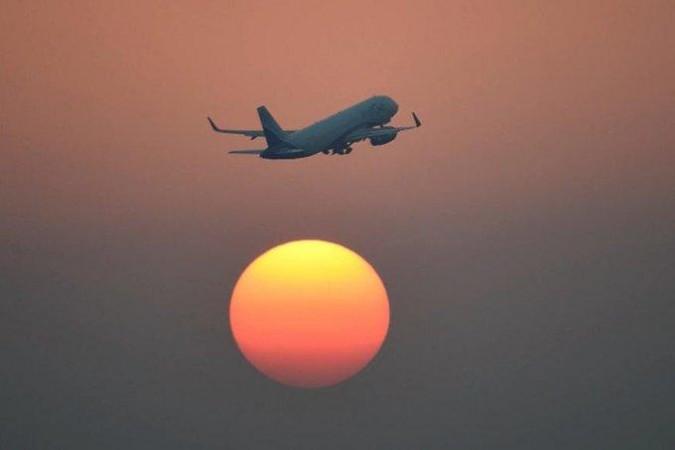Post lifting the 21-day nationwide lockdown on April 14, the government is planning to take a phased approach to open up its skies for both domestic and international flights. The passenger movement, which had been restricted for the past few days to contain the virus, will soon be opening up. The top 10 airports will open up first for domestic travel, and then the international travel gates will be opened.
Why is a phased approach implemented to opening up travel gates?
The idea behind this move is to control crowding at airports and make possible identification of coronavirus infected passengers. The top 10 airports of India include those in Pune, Goa, Ahmedabad, Cochin, and Hyderabad, besides four other metro cities. As per directions issued by the aviation regulator, DGCA, all flight bookings are banned until April 14. The airlines will be accepting bookings only from April 15.
Also, the international travel is opening up later in phases. This is in view of the fact that many countries have shut down their borders till April end and some even beyond. For example, London has announced a flight ban until April end, while the US is considering a ban on air travel, in light of the exponential rise in Covid-19 cases.

"The government will take a holistic view. When conditions become safer in other countries, we can start flights," said civil aviation secretary Pradeep Singh Kharola at a virtual press conference conducted using Zoom, a video conferencing app. This is the first time that India has imposed a 100 percent ban on air transport.
Views and other developments
Commenting on the phased approach to open domestic travel gates for passengers stuck at different checkpoints during the lockdown, airline executives believe that, "It is difficult to start 100 percent routes on Day 1. It would take some time for the travel industry to pick up from the setback, before it sees customers making travel plans, only once the coronavirus fears are abated." Corporate travel, being a high-value revenue-making segment will likely suffer for some more time.

"Airlines were hit by a sledgehammer called Covid-19 in February," said Alexandre de Juniac, head of the International Air Transport Association (IATA) in a statement. The global air passenger demand witnessed a steep 14 percent decline in February, thus remarking the steepest decline since September 11 attacks in 2001.
Owing to Covid-19 outbreak and thereafter nationwide lockdown imposed, DGCA has extended the validity for individual license holders and operators facing issues in completing their requirements towards renewal, issuance of various Pilot Licenses and Ratings, and to exercise the privileges of their respective licenses and ratings including temporary authorizations(FATA) up to 90 days from March 23, 2020.








